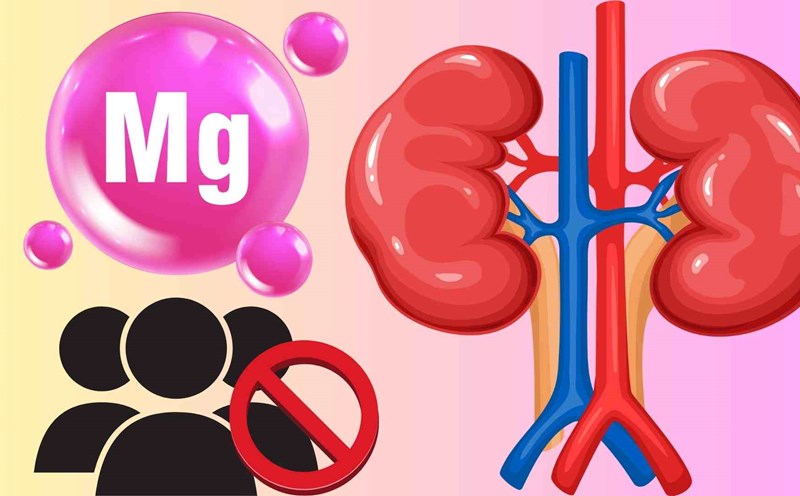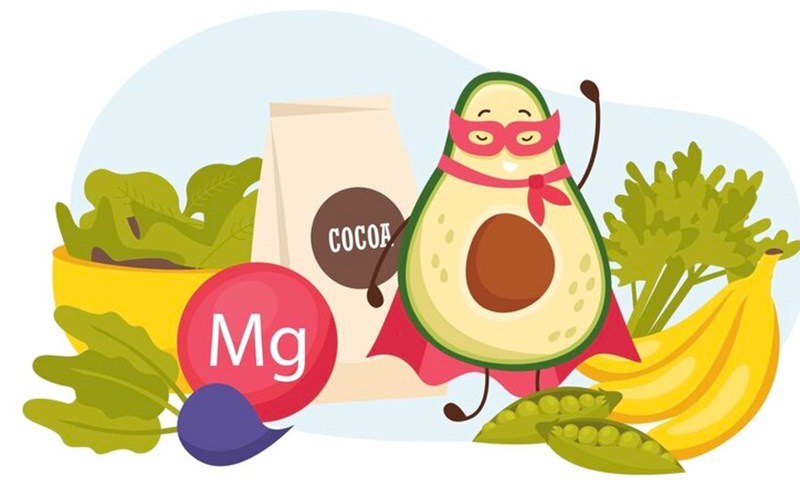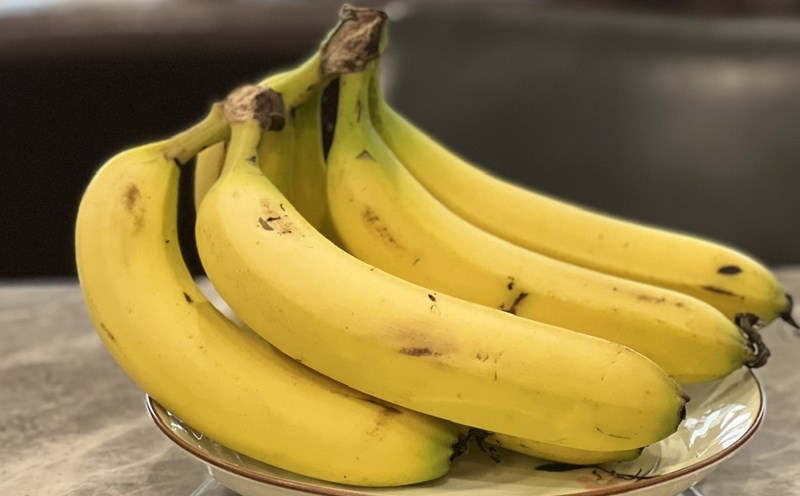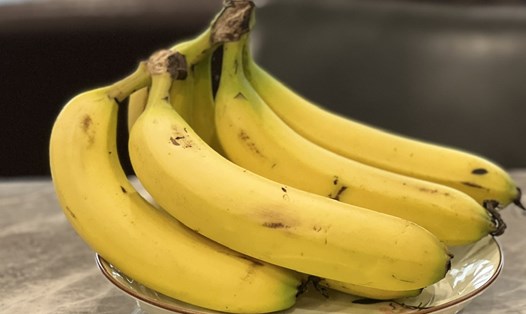The role of magnesium for the liver
Magnesium is an essential mineral for many vital functions from neurotransmitter, muscle activity, to stabilizing heart rate and supporting strong bones. However, few people know that magnesium also plays an important role in liver health.
According to Dr. Manek Kutar, a digestive and gicial expert at Jaslok Hospital (Mumbai, India), magnesium helps produce glutathione - an antioxidant that supports the liver in detoxification and participates in the production of bile, regulates blood sugar and reduces metabolic stress. These factors are especially important in diseases such as non-alcoholic fatty liver disease (NAFLD).
How is magnesium deficiency related to liver disease?
Magnesium deficiency can be both a cause and a sign of liver problems. When the liver is damaged, the body often cannot retain the necessary amount of magnesium, leading to a deficiency in this mineral. Conversely, magnesium deficiency also makes the liver less active because magnesium helps protect the liver from damage caused by inflammation and oxidative stress. Many studies have also shown that if you increase your magnesium intake, your risk of serious liver disease and liver disease death can be significantly reduced, according to Onlymyhealth.
If not due to the liver, what disease is magnesium deficiency a sign?
Magnesium deficiency can also occur due to:
Chronic digestive disorders (Crohn, celiac, prolonged diarrhea) reduce magnesium absorption.
Type 2 diabetes, especially if not well controlled, causes magnesium loss through urine.
Alcoholism, due to reduced absorption and increased magnesium emissions.
Kidney disease, or taking diuretic drugs, PPI ( proton pump inhibitors), antibiotics for a long time.
Endocrinological disorders such as hyperthyroidism, high aldosterone, and hyperthyroidism.
Symptoms that may be related to liver damage
If magnesium deficiency is accompanied by the following symptoms, you should see a liver doctor:
Prolonged fatigue
Skin or yellow eyes (yellow skin)
Pain in the right lower rib
Nausea, loss of appetite
Itchy skin, dark urine, silver feces
easily bruised
Belly button, leg swelling
Confusion or disturbances of consciousness (in the late stages)
Diet to support liver
Magnesium is abundant in green vegetables, nuts, whole grains, beans and unprocessed foods. When necessary, doctors can prescribe magnesium supplementation if there is a deficiency.










